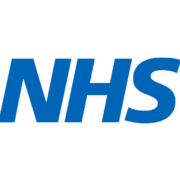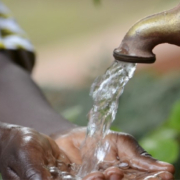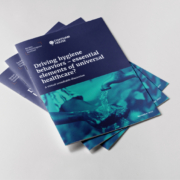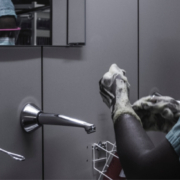Individual action required to safeguard the NHS

The NHS is buckling under the weight of increasing COVID-19 cases. Maintaining hygiene standards is one way individuals can help.
Earlier this week an NHS chief described a health system on its knees under the strain of new coronavirus infections. They called for the government to bring back COVID-19 measures or else risk “abandoning” the service.
According to the Office for National Statistics, one in every 13 people had COVID-19 during the first week of April — some of the highest numbers the UK has seen thus far. As of April 7, over 20,000 people were also reported to be receiving hospital treatment for the virus while some hospitals were having to turn patients away because of a lack of space.
The Easter period is proving to be just as bad as what the NHS experiences in winter, Matthew Taylor, the NHS confederation chief executive told media. Yet what’s lacking compared to the previous two winters is the same level of vigilance by the public and mandating from the government to take action to prevent the spread.
While Downing Street has yet to respond, individuals can show personal responsibility in their every day actions and help safeguard the NHS from further strain.
We don’t have to wait for a directive from the government to help our NHS. Continuing to maintain hygiene practices, sanitize surfaces and socially distance can go a long way in preventing the spread of COVID-19 and thereby reducing the burden on our health systems. This is the way we can help our NHS that has served us so well throughout this pandemic. We urge people to do their bit to ensure it can operate within its capacity and save lives. Many may be vaccinated but it’s important we continue to take these extra measures to prevent the spread,
Since the UK government’s relaxing of rules last month, those testing positive are no longer required to stay at home and with free testing no longer available the chances of contracting the it may be higher.
BA.2, a sublineage of the Omicron variant, is in fact reported to be more contagiousthan the original Omicron variant, BA.1, which was already thought by scientists to be more transmissible and less susceptible to the protection offered by vaccines and previous infections. Researchers have also found Omicron infections can last twice as long on surfaces.
The symptoms many experience may no longer be as severe as they once were but if the NHS is overburdened with those more serious COVID-19 cases, there’s limited capacity to treat other health issues. We’re not asking people to do anything different from what they were doing at the start of the pandemic. It’s just a case of simply keeping up those hygiene habits, in a targeted fashion.
RGHI, a not-for-profit foundation that launched in 2020, is currently working to generate and fund a body of high-quality, scientific research that sheds more light on the impact of hygiene on health. The aim is to help inform the global health agenda while leading to the adoption of better and more sustainable hygiene practices globally.
Last month, UK Prime Minister Boris Johnson called for people to exercise “personal responsibility” as the government removed the legal requirement to self-isolate and the work-from-home mandate.
“Now is the time to put that personal responsibility into practice” “It’s likely that there’ll be further new strains of the virus and that COVID-19 will be here for some time yet, so these basic activities should remain part of our individual toolkit to tackle the virus as well as other illnesses such as the common cold and flu.”
RGHI recommends regular hand washing and sanitising of surfaces, maintaining a social distance in instances where it makes sense, and considering mask wearing when around vulnerable people.









